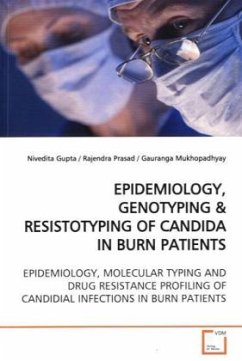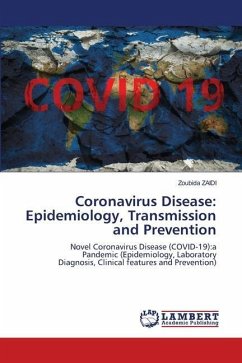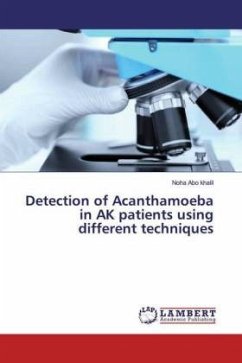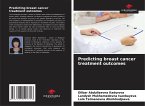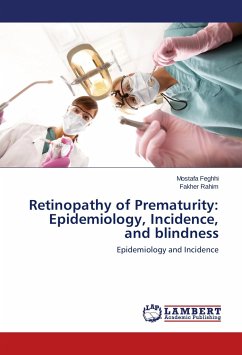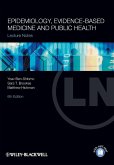This study is the first detailed analysis of Candida
infections in burn patients in an Indian hospital.
Burn patients are never subjected to fungal culture
or given antifungals unless oral thrush develops.
All attention goes to treat life threatening gram-
negative bacterial septicemia. Often there is no
significant bacterial culture positivity, still the
patient deteriorates and dies. Study suggests that
in such instances, patient might be suffering from
fungal septicemia. This study is an attempt,
expected to lead to better clinical management of
burn patients. Interactions occurring between
various bacteria and fungi in the burn wound are
also analyzed, which may altogether alter the
clinical prognosis of the patient. In agreement with
earlier in vitro studies, it is observed that
Pseudomonas significantly inhibits growth of Candida
in vivo in the burn wound, either alone or in
combination with other bacteria suggesting that
Pseudomonas has an inhibitory effect on the growth
of Candida. Results also suggest the involvement of
some unknown genes and transcription factors in
causing azole resistance in intrinsically resistant
C. albicans clinical isolates.
infections in burn patients in an Indian hospital.
Burn patients are never subjected to fungal culture
or given antifungals unless oral thrush develops.
All attention goes to treat life threatening gram-
negative bacterial septicemia. Often there is no
significant bacterial culture positivity, still the
patient deteriorates and dies. Study suggests that
in such instances, patient might be suffering from
fungal septicemia. This study is an attempt,
expected to lead to better clinical management of
burn patients. Interactions occurring between
various bacteria and fungi in the burn wound are
also analyzed, which may altogether alter the
clinical prognosis of the patient. In agreement with
earlier in vitro studies, it is observed that
Pseudomonas significantly inhibits growth of Candida
in vivo in the burn wound, either alone or in
combination with other bacteria suggesting that
Pseudomonas has an inhibitory effect on the growth
of Candida. Results also suggest the involvement of
some unknown genes and transcription factors in
causing azole resistance in intrinsically resistant
C. albicans clinical isolates.

